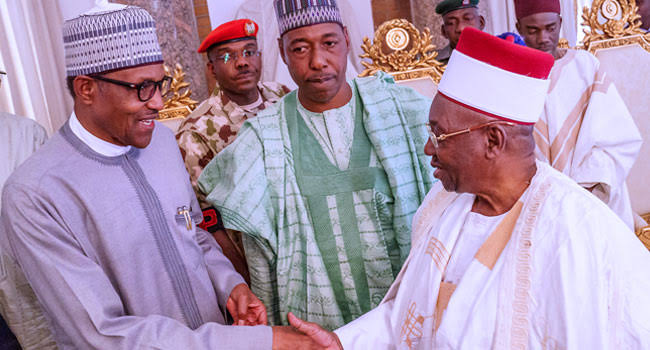By Tosin Kolade, News Agency of Nigeria (NAN)
Flooding has become an increasingly frequent and devastating worldwide. Often it leaves communities to contend with displacement, disease outbreaks and huge economic losses.
In Borno State, the September 2024 Alau Dam burst revealed shortcomings in emergency preparedness and response systems and underscored the need for comprehensive disaster management strategies.
The catastrophic event displaced thousands of residents, destroyed homes and farmlands; and triggered a severe humanitarian crisis.
Beyond the widespread destruction, the flood also caused outbreak of cholera and other waterborne diseases, exacerbating the region’s already fragile social and health sectors.
According to the UN Office for the Coordination of Humanitarian Affairs, the Borno flood aggravated an already delicate Water, Sanitation, and Hygiene (WASH) situation in the state.
The UN body says contaminated water sources and damage to sanitation facilities increased the risk of disease outbreaks.
Additionally, the flooding of graveyards and overcrowding in displacement camps further heightened the vulnerability of affected communities to waterborne diseases.
The World Health Organisation (WHO) estimates that over 225,000 people have been displaced, with 201 deaths recorded across 15 states.
Furthermore, approximately 115,000 hectares of farmland were submerged, severely impacting food security.
In response to these challenges, collaboration with partners such as WHO and UNICEF has been instrumental in enhancing disease surveillance, early detection, and containment efforts.
These partnerships have also focused on building capacity and mobilising resources to support the affected communities.
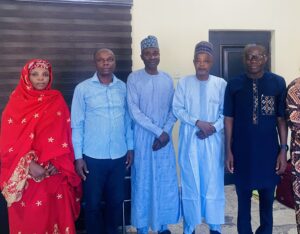 Community engagement, led by traditional leaders and local influencers, played a vital role in addressing the crisis by promoting hygiene, dispelling myths, and encouraging proper sanitation practices.
Community engagement, led by traditional leaders and local influencers, played a vital role in addressing the crisis by promoting hygiene, dispelling myths, and encouraging proper sanitation practices.
In light of these developments, a delegation from the WASH in Emergency Technical Working Group visited cholera- and flood-affected communities in Borno State.
Guided by UNICEF’s 2024 flood severity assessment, the mission aimed to identify challenges, evaluate the implementation of WASH Emergency Working Group plans, and distribute essential supplies to affected areas.
During visits to cholera hotspots and flood-impacted communities, the team highlighted the need for improved dam maintenance, urban planning, and strengthened emergency preparedness to mitigate future disasters.
At the Bakassi Internally Displaced Persons (IDP) camp in Maiduguri, it was observed that WASH interventions were effectively in place.
These efforts, supported by development partners and the State Emergency Management Agency (SEMA), have been credited with preventing a cholera outbreak within the camp.
The camp manager, Abubakar Uba, stated that the camp, reopened on 10th September 2024 following the flood, initially accommodated 14,472 individuals.
He noted that the state government provided financial assistance to 5,000 households and affected individuals.
Currently, the camp operates with four water points and 146 latrines to address its WASH needs.
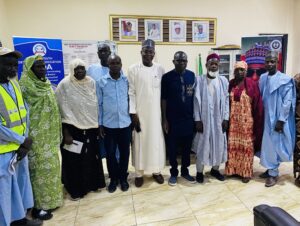 During a visit to the Borno State Environmental Protection Agency (BOSEPA), Mr Ibiyemi Olu-Daniels, Director IV Water Quality Control and Sanitation at the Ministry of Water Resources and Sanitation, emphasised the importance of integrating WASH into emergency responses.
During a visit to the Borno State Environmental Protection Agency (BOSEPA), Mr Ibiyemi Olu-Daniels, Director IV Water Quality Control and Sanitation at the Ministry of Water Resources and Sanitation, emphasised the importance of integrating WASH into emergency responses.
He said the initiative’s dual focus on addressing flood crises and tackling public health challenges, such as cholera, while ensuring sustainable water management.
Olu-Daniels sought information on BOSEPA’s collaboration with WASH partners, its strategies for addressing water and sanitation challenges, and its role in empowering local communities.
He commended the state government’s efforts during the flood but stressed the need to strengthen partnerships, identify gaps, and understand BOSEPA’s resource requirements.
The BOSEPA General Manager, Alhaji Abubakar Suleiman, outlined the agency’s proactive measures following the flood.
These, according to him, are deploying resources and fumigating flood-affected areas to prevent disease outbreaks.
“This effort was made possible by the governor’s timely release of intervention funds, which facilitated the purchase of 10 motorised fumigation tanks and sanitation equipment”.
He added that collaboration with the State Rural Water Supply and Sanitation Agency (RUWASSA) and support from partners such as the UNDP and UNICEF helped contain severe outbreaks of cholera and other diseases.
He said the governor also inaugurated a steering committee for the Open Defecation Free Roadmap to advance sanitation initiatives.
Suleiman revealed ongoing efforts such as house-to-house sanitary inspections, monthly sanitation activities, and public sensitisation campaigns led by religious leaders to promote safe water and sanitation practices.
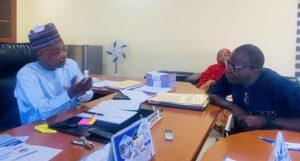 Similarly, the Permanent Secretary of the Borno State Ministry of Water Resources, Modu Sanda, emphasised the administration’s commitment to providing potable water.
Similarly, the Permanent Secretary of the Borno State Ministry of Water Resources, Modu Sanda, emphasised the administration’s commitment to providing potable water.
He said this commitment was being supported by contributions from the Norwegian Refugee Council, Coca-Cola, UNICEF and Action Against Hunger among others.
However, he noted that the recent flood severely damaged infrastructure, with 50 per cent of water treatment plants rendered non-functional.
“Over 29 boreholes and generating sets were submerged, prompting the formation of a technical committee to assess the damage and carry out emergency repairs.
“The boreholes have been rehabilitated, flushed, dismantled, and tested.
“However, our challenge lies in encouraging communities to take ownership of this infrastructure”.
Sanda also said the impact of rural-to-urban migration on access to potable water was worrisome.
“We are considering a review of the Borno State Water Policy”, he added.
The permanent secretary highlighted the impact of climate change, noting a 25 per cent decline in the state’s water table.
He explained that desert encroachment and groundwater depletion are worsening water scarcity in certain areas.
“Aquifers that were once accessible at depths of 350 to 500 metres now require drilling as deep as 450 to 600 metres”.
In spite of these challenges, he said, the stats has made significant progress, including extending pipelines to newly developed communities and solarising 48 boreholes with support from development partners.
Additionally, he said UNICEF has drilled and rehabilitated numerous boreholes, and efforts are ongoing to locally source chlorine to maintain water quality.
Stakeholders recommend investing in early warning systems, strengthening infrastructure, and creating detailed management plans with evacuation routes and shelters.
They emphasise public awareness campaigns, collaboration with disaster agencies, and prioritising recovery efforts to rebuild infrastructure, assist displaced individuals, and apply lessons from past floods. (NANFeatures)
**If used please credit the writer and News Agency of Nigeria



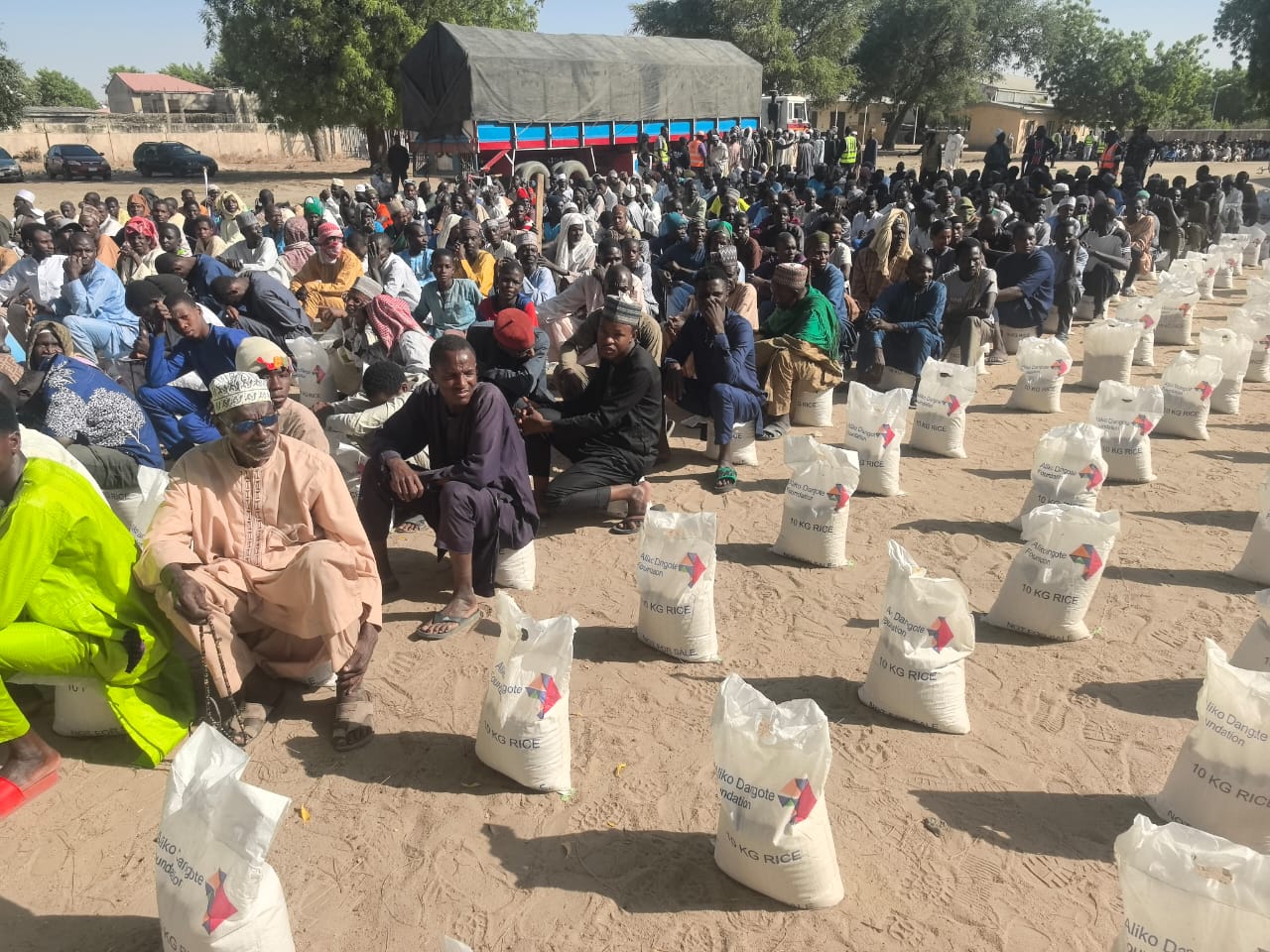
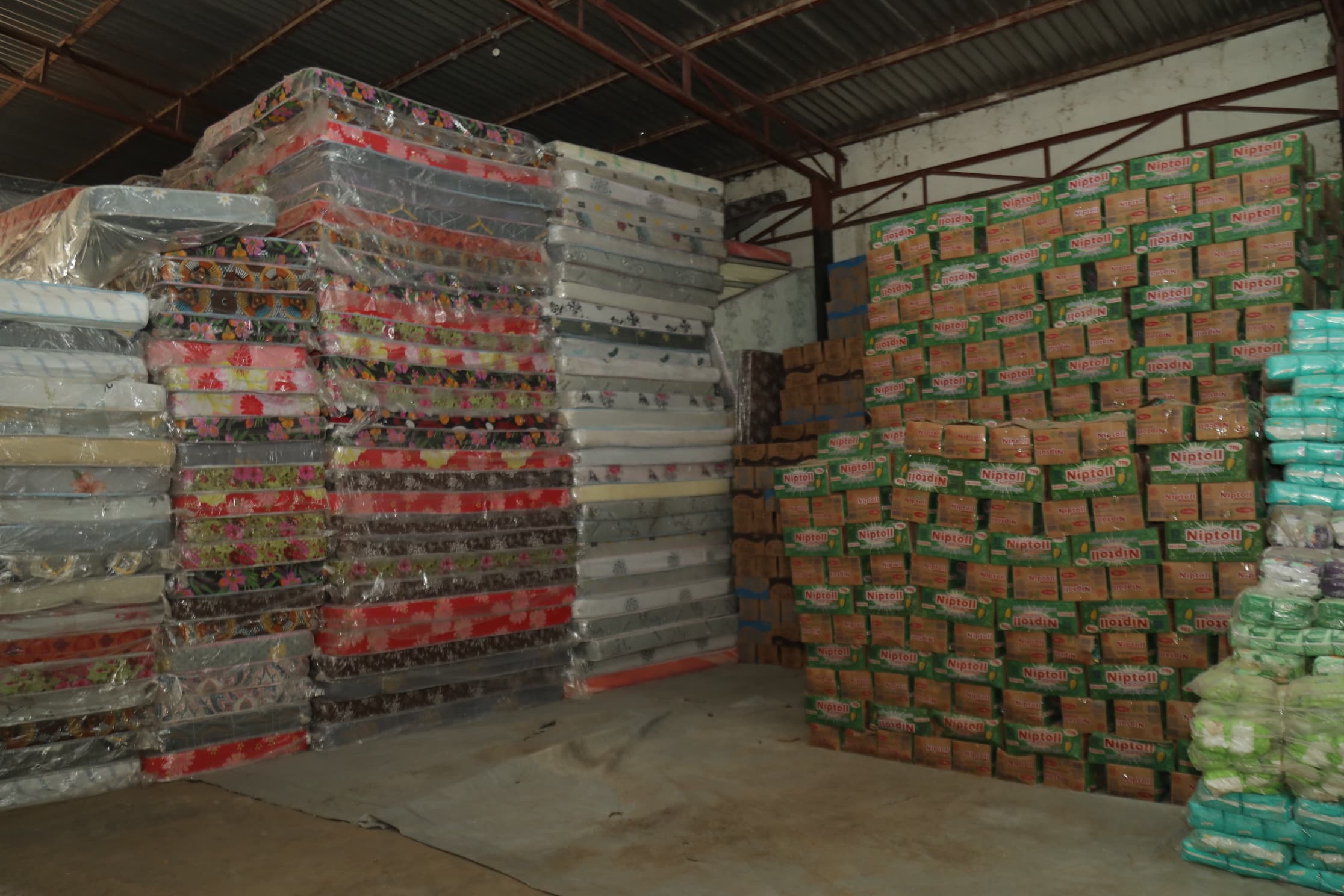
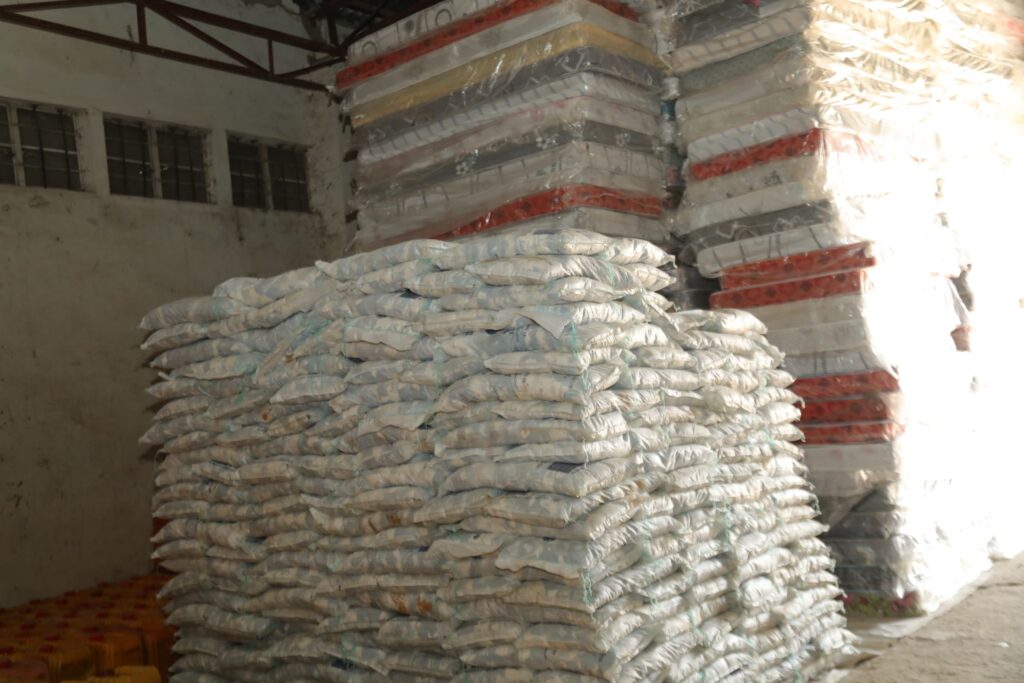
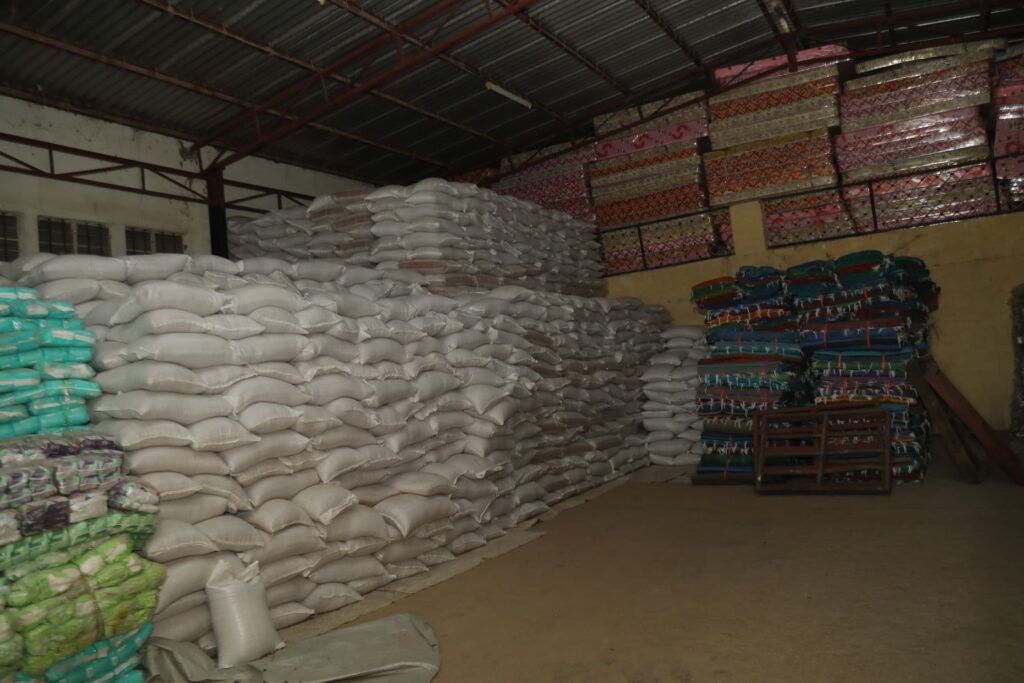
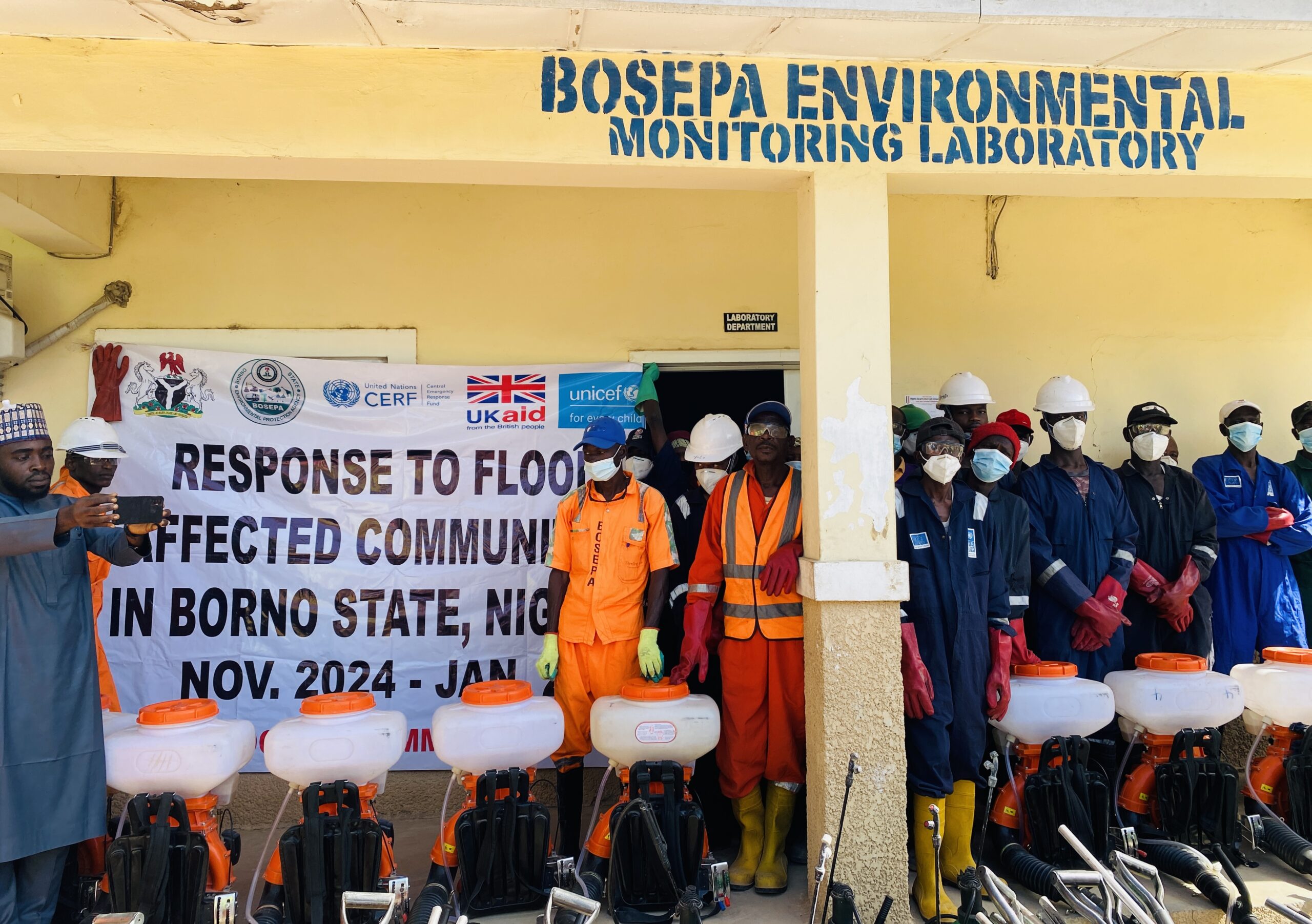
 Community engagement, led by traditional leaders and local influencers, played a vital role in addressing the crisis by promoting hygiene, dispelling myths, and encouraging proper sanitation practices.
Community engagement, led by traditional leaders and local influencers, played a vital role in addressing the crisis by promoting hygiene, dispelling myths, and encouraging proper sanitation practices. During a visit to the Borno State Environmental Protection Agency (BOSEPA), Mr Ibiyemi Olu-Daniels, Director IV Water Quality Control and Sanitation at the Ministry of Water Resources and Sanitation, emphasised the importance of integrating WASH into emergency responses.
During a visit to the Borno State Environmental Protection Agency (BOSEPA), Mr Ibiyemi Olu-Daniels, Director IV Water Quality Control and Sanitation at the Ministry of Water Resources and Sanitation, emphasised the importance of integrating WASH into emergency responses. Similarly, the Permanent Secretary of the Borno State Ministry of Water Resources, Modu Sanda, emphasised the administration’s commitment to providing potable water.
Similarly, the Permanent Secretary of the Borno State Ministry of Water Resources, Modu Sanda, emphasised the administration’s commitment to providing potable water.